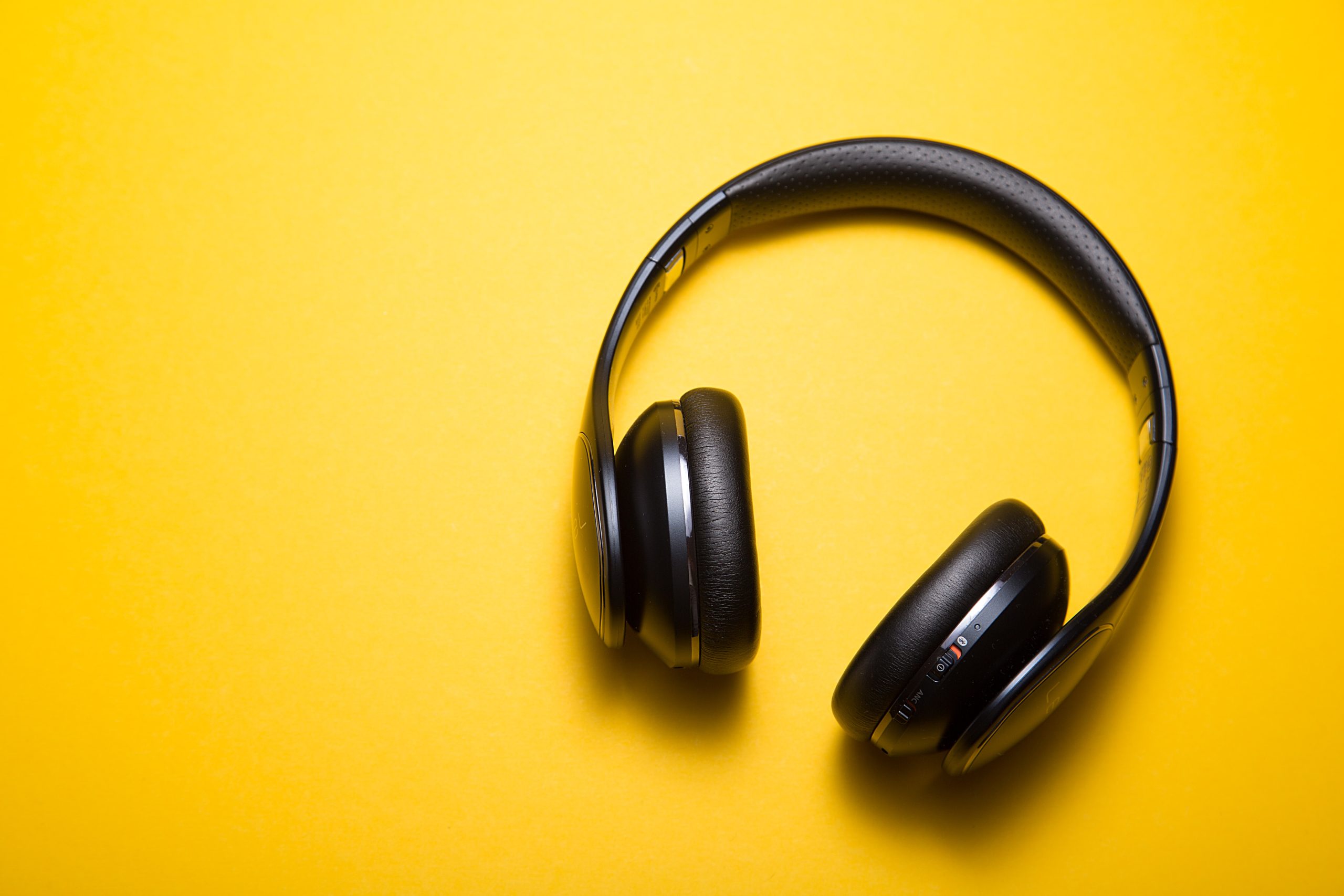Introduction:
Music has been a part of human culture for thousands of years, and it’s no surprise that it continues to play a significant role in our lives today. From the songs we listen to on the radio to the music we create ourselves, music has the power to evoke strong emotions and influence our mental health. In this article, we will explore the psychology of music and its effects on our emotions and mental health.
The Emotional Power of Music
Music has the ability to evoke a wide range of emotions, from joy and excitement to sadness and grief. It’s not just the lyrics of a song that can elicit emotions but also the melody, rhythm, and tempo. For example, a fast-paced song with a strong beat may make us feel energized and motivated, while a slow and melancholic melody may evoke feelings of sadness or introspection.
The Link between Music and Mental Health
Studies have shown that music can have a positive impact on our mental health. Listening to music can reduce anxiety and depression, improve mood, and even enhance cognitive function. This is because music activates the same parts of the brain that are involved in emotional processing and memory.
Music therapy, a form of treatment that uses music to address physical, emotional, cognitive, and social needs, has also been shown to be effective in treating a range of mental health conditions. It can help patients manage symptoms of depression, anxiety, and PTSD, among others.
Music and Personal Identity
Music can also play a significant role in shaping our personal identity. The music we listen to can reflect our personality, values, and beliefs. It can also bring people together and create a sense of community. For example, attending a concert or music festival can be a shared experience that brings people from different backgrounds together in a shared love of music.
In conclusion, the psychology of music is a fascinating topic that reveals the powerful effects of music on our emotions, mental health, and personal identity. Whether it’s listening to our favorite songs to boost our mood or using music therapy to treat mental health conditions, music has the power to heal, inspire, and connect us.










